Introduction: The Kingdom of Happiness
Nestled in the heart of the Eastern Himalayas, Bhutan is a country unlike any other. Known as the Land of the Thunder Dragon, Bhutan’s rugged mountains, verdant valleys, and deep-rooted spiritual traditions make it one of the most fascinating and unique travel destinations in the world. This tiny kingdom, bordered by China to the north and India to the south, offers travelers an unparalleled opportunity to experience a country where nature, culture, and spirituality are inextricably linked.
Bhutan is often celebrated for its commitment to Gross National Happiness (GNH), a philosophy that prioritizes the well-being of its citizens over material wealth. The country’s serene landscapes, vibrant festivals, and strong sense of community make it an ideal destination for those seeking peace, reflection, and a genuine connection with nature and culture.
In this blog post, we’ll explore Bhutan’s cultural richness, natural beauty, and spiritual essence, providing a glimpse into the life of this Himalayan kingdom.
A Spiritual Journey: Bhutan’s Deep Connection to Buddhism
Bhutan’s identity is deeply intertwined with Buddhism, which has shaped the country's culture, art, and way of life for centuries. The majority of Bhutanese people follow Tibetan Buddhism, and the country's monasteries, temples, and sacred sites reflect the country’s devotion to spiritual practice.
Monasteries and Dzongs: Bhutan is home to many spectacular monasteries and dzongs (fortresses), which serve as both religious centers and administrative hubs. The Tiger's Nest Monastery (Paro Taktsang), perched precariously on a cliffside above the Paro Valley, is perhaps the most famous of these sacred sites. A visit to this monastery offers not just a spiritual experience, but also a breathtaking view of Bhutan’s mountainous landscape.
Spiritual Festivals: Bhutan’s festivals, known as Tsechus, are vibrant celebrations of Buddhism that bring communities together to honor deities and historical events. These festivals are marked by masked dances, traditional music, and elaborate costumes. One of the most famous Tsechus is held in Punakha, where thousands of Bhutanese and tourists gather to witness the sacred dances performed by monks.
The Importance of Monastic Life: Monasteries in Bhutan play an integral role in maintaining the country’s cultural and spiritual practices. Many young Bhutanese children spend years in monastic schools, learning about Buddhist teachings, meditation, and the art of thangka painting (Buddhist art on fabric). The rich spiritual culture of Bhutan offers visitors the opportunity to witness a way of life that has remained largely unchanged for centuries.
Nature’s Bounty: Bhutan’s Spectacular Landscapes
Bhutan is a country of incredible natural beauty, with landscapes that range from lush forests to towering snow-capped mountains. Approximately 70% of Bhutan is covered by forests, and the country has taken significant steps to preserve its environment through sustainable practices. Bhutan’s diverse ecosystems provide habitat for rare wildlife species and contribute to the country’s reputation as a sanctuary for nature lovers.
Himalayan Peaks: Bhutan is home to some of the most stunning peaks in the Himalayas, including Gangkhar Puensum, the world’s highest unclimbed mountain. Trekking through Bhutan’s rugged terrain offers breathtaking views of snow-capped mountains, lush valleys, and crystal-clear rivers. Popular trekking routes, such as the Druk Path Trek and Jomolhari Trek, offer a mix of challenging hikes and spiritual exploration.
Biodiversity and Wildlife: Bhutan is a haven for wildlife, with species such as the elusive snow leopard, Bengal tiger, and red panda calling the country home. Bhutan’s national parks and protected areas, like Bumdeling Wildlife Sanctuary and Royal Manas National Park, provide safe habitats for these animals. Birdwatchers will also find Bhutan to be a paradise, with over 700 species of birds, including the rare black-necked crane.
Eco-Tourism: Bhutan is a global leader in sustainable tourism. The government has implemented strict regulations to protect its natural resources, including a policy of high-value, low-impact tourism. This means that visitors must obtain a visa and pay a daily fee, which includes accommodation, meals, and a guide. This approach ensures that tourism remains manageable and that the country’s pristine environment is preserved for future generations.
Bhutanese Culture: A Living Tradition of Arts, Crafts, and Festivals
Bhutan’s culture is a unique fusion of spirituality, tradition, and artistry, with a strong emphasis on preserving ancient practices and heritage. From its colorful thangka paintings to its intricate weaving and wood carving, Bhutanese arts and crafts are a reflection of the country’s deep respect for its traditions.
Traditional Arts: The Bhutanese take immense pride in their traditional crafts, many of which are passed down through generations. The art of thangka painting, mask making, and wood carving are deeply intertwined with the country’s Buddhist practices. These crafts are not just decorative; they serve spiritual and cultural purposes, such as depicting Buddhist teachings and deities. Visitors to Bhutan can often see local artisans at work in villages and markets, where they sell handmade crafts and artwork.
Traditional Dress: The Gho (for men) and Kira (for women) are the traditional Bhutanese garments, which are worn daily by most Bhutanese people. The Gho is a knee-length robe, tied with a belt, while the Kira is a long, ankle-length dress worn with a jacket. These garments reflect the Bhutanese commitment to preserving their cultural heritage and are worn with pride, especially during festivals and important events.
Festivals and Celebrations: Festivals in Bhutan are an integral part of the cultural landscape. Tsechus, celebrated in every district, are the highlight of Bhutanese cultural life, with vibrant mask dances and ritual performances that date back centuries. The Paro Tsechu is one of the most popular and attracts visitors from around the world to witness the colorful spectacle. These festivals are a way for Bhutanese people to connect with their spiritual beliefs, celebrate their culture, and renew their sense of community.
Why Visit Bhutan: A Unique Travel Experience
Bhutan offers a travel experience like no other. It is a place where nature, spirituality, and culture harmonize perfectly, and where visitors can enjoy an authentic, immersive experience while respecting the country's unique values and traditions. Whether you're hiking through pristine mountain trails, exploring centuries-old monasteries, or experiencing the warmth of Bhutanese hospitality, Bhutan offers a truly transformative journey.
A Peaceful and Spiritual Atmosphere: Bhutan is the perfect destination for those seeking peace and tranquility. The serene monasteries, peaceful landscapes, and spiritual practices of Bhutan provide the ideal setting for meditation, reflection, and inner growth.
Eco-Friendly and Responsible Tourism: Bhutan’s commitment to sustainability and environmental conservation makes it a top destination for eco-conscious travelers. By visiting Bhutan, you're supporting a nation that values the preservation of its cultural and natural heritage.
A Truly Unique Experience: Bhutan’s combination of breathtaking landscapes, rich traditions, and spiritual depth provides a once-in-a-lifetime experience that you won’t find anywhere else in the world.

An Adventurer’s Guide to the United States: Hiking, Kayaking, and Exploring America’s Wild Side
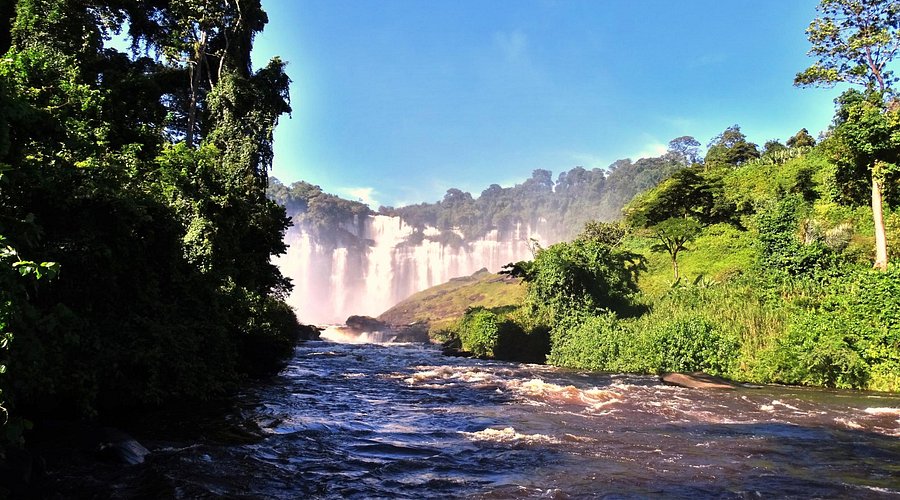
Exploring Angola: A Hidden Gem in Southern Africa

The Great Wall of China: Secrets Behind One of the World’s Most Iconic Landmarks
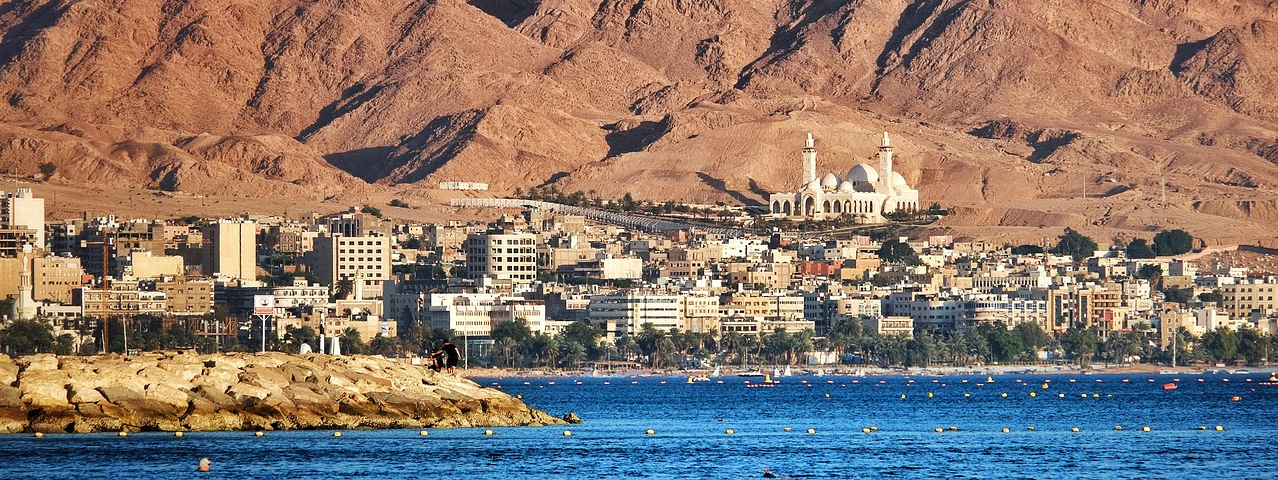
Wonders of Saudi Arabia: Majestic Landscapes, Ancient Heritage, and Modern Marvels
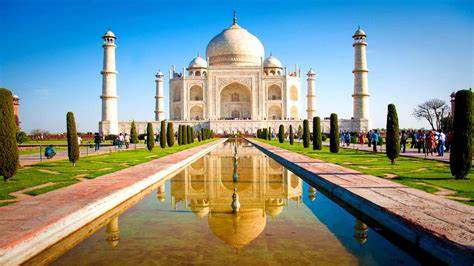
India Travel Visa: Everything You Need to Know
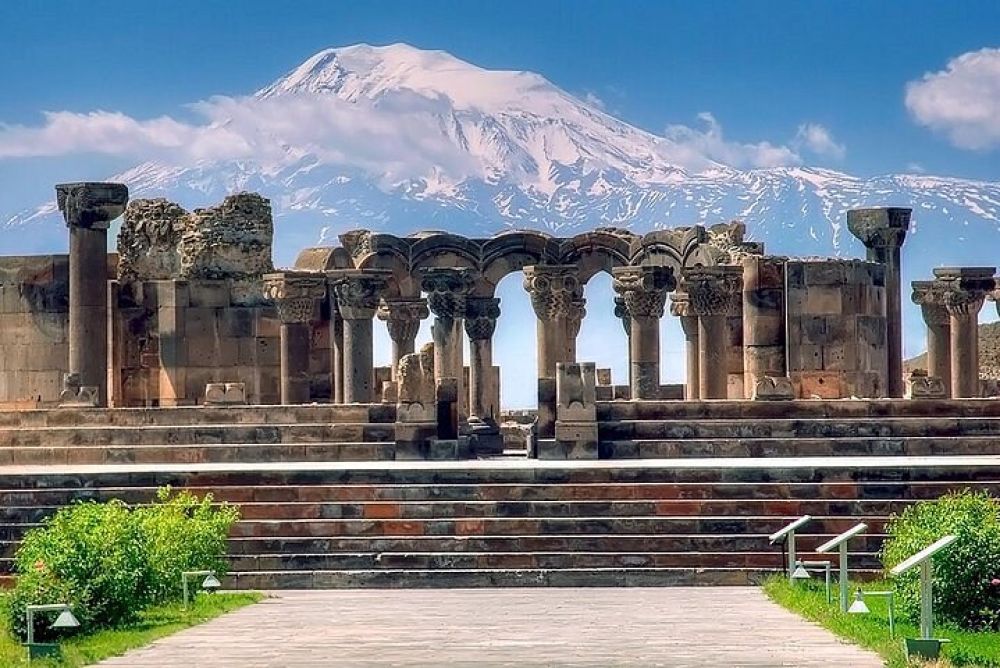
Wonders of Armenia: Ancient Monuments, Natural Beauty, and a Rich Heritage
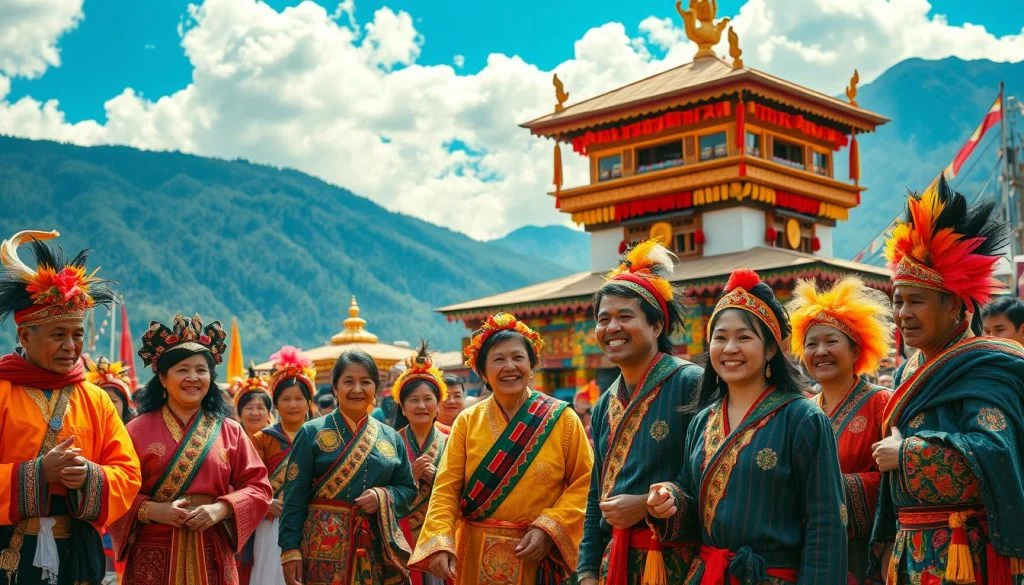
Exploring Bhutan: A Harmonious Blend of Spirituality, Nature, and Culture
